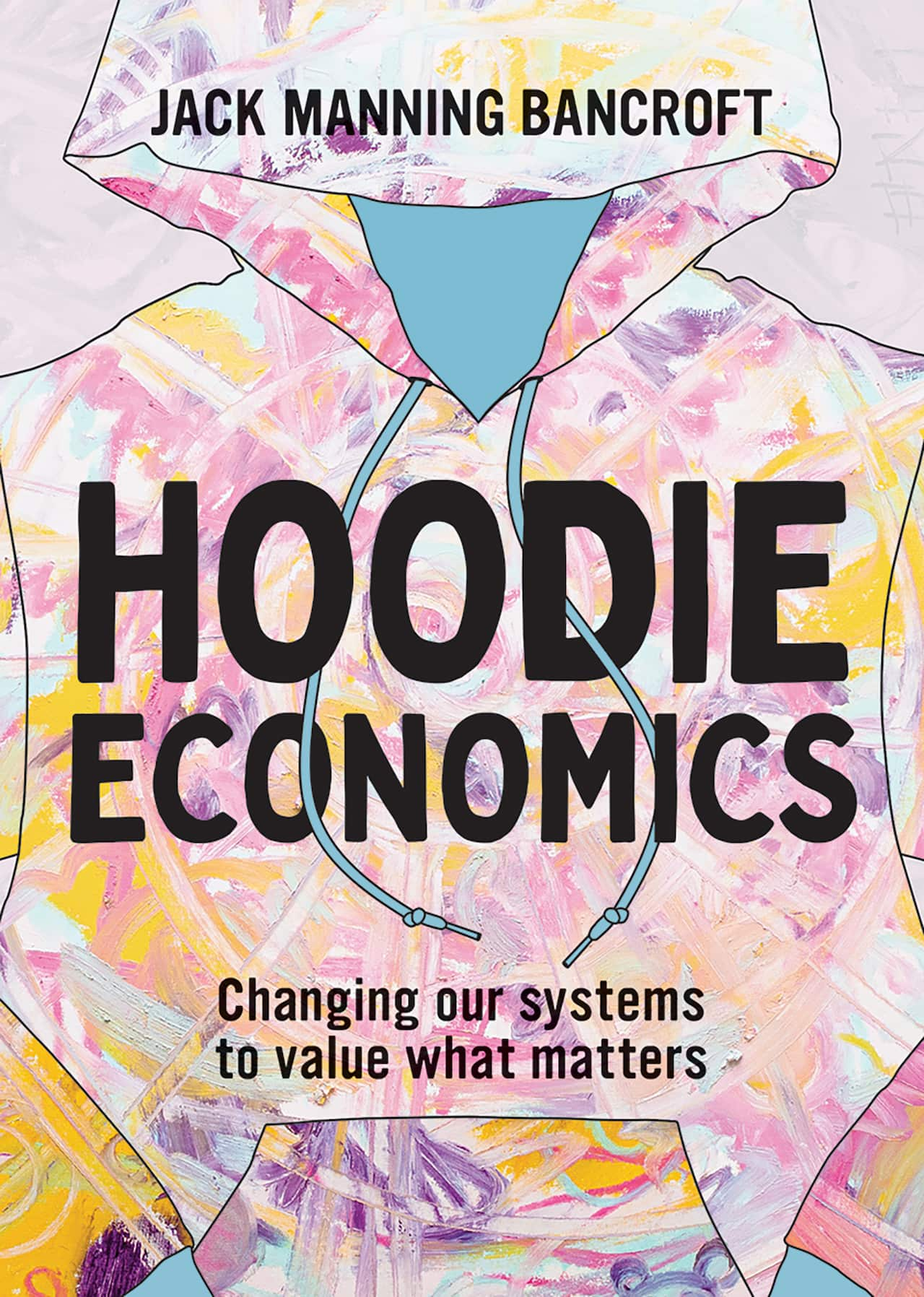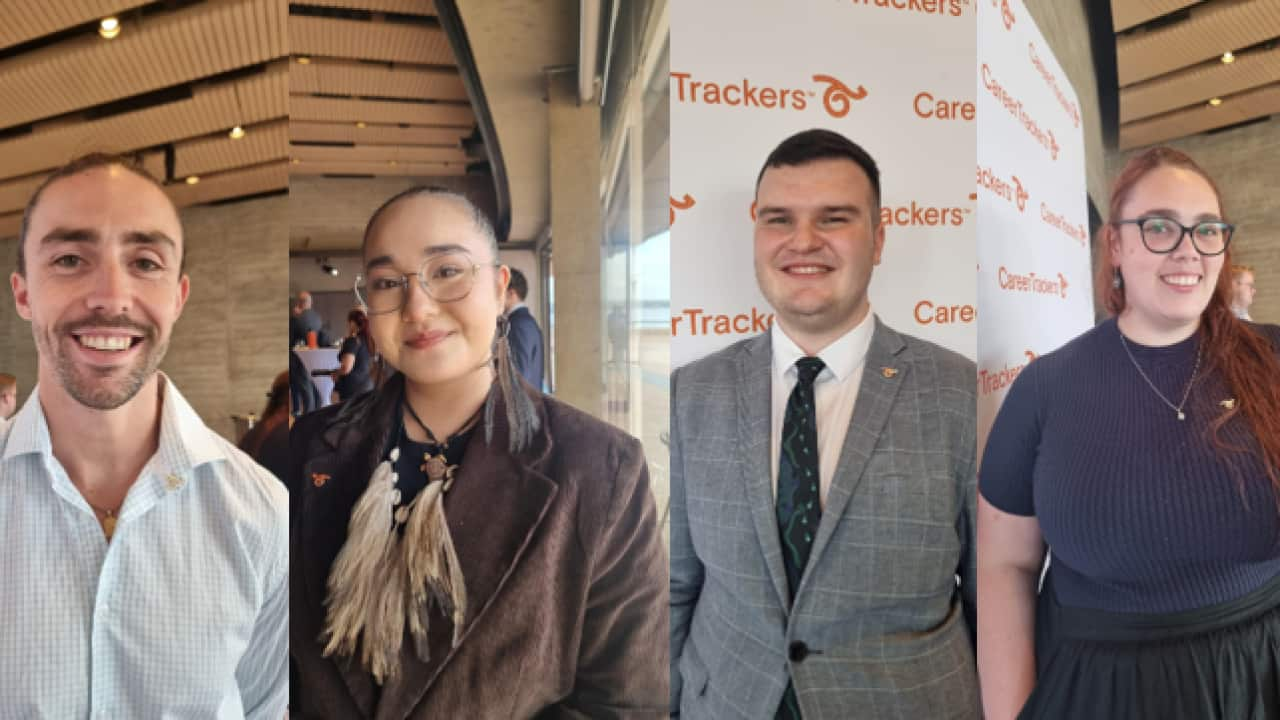'Hoodie Economics' is not your regular economics book. Through this publication Jack Manning Bancroft pulls apart what people in suits might think of as economics and presents a revolutionary new values system.
He believes economics is what we value, and in that way, economics is for everyone. However, modern financial empires have shut out the many to instead prioritise ‘limitless’ market growth, attention economies and stock profits for the very few.

“We have been denied our sense of agency and taught to focus on the self above all, and the biggest stock that is down is our relationships – both with each other and with nature. But we have the powerful tools of imagination and exchange that will allow us to reshape economics for everyone,” Jack Manning Bancroft says.
“Economics shouldn’t be hidden from plain sight: we are the economists, we define what we value by the choices we make, we just haven’t developed a measurement of our time that can value nature, life, relations, joy, health and kindness.”
‘Hoodie Economics’ draws on alternative intelligence sources to look at the patterns of money, ownership, and reductive thinking that we have inherited, and how we have the potential to create a new (old) foundation of equality – relational economies instead of transactional ones, and networks that are truly social.




